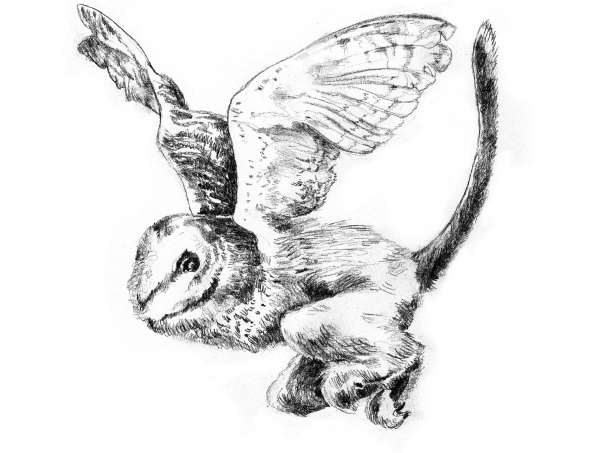Humans, communities and their systems change through learning. Learning that leads to a change in basic assumptions, worldviews and knowledge about the world and change processes is considered part of one of the deepest leverage points for sustainability transformations - shaping the goals and functioning of systems. Not only do worldviews and knowledge inform and shape identities, they can also be source of information and motivation for problem-solving. “Worldviews appear to be particularly relevant in this context, as they not only tend to shape how individuals perceive ecological issues and their potential solutions, but also tend to influence individuals’ willingness to partake in solutions themselves, including (political) support for addressing the issue societally.” (Hedlund-de Witt, 2013, p. 8)
In creative practice, learning can happen in different ways. For example, in the case of serious games, Mayer et al. (2014) distinguish between first order and second order learning. First order learning entails the direct influence of the game on the player or participant, whereas second order learning encompasses indirect, long-term influences “(including design process, sessions, discussions, publications, other interventions, etc.) on the group, network, organizational and system levels” (Mayer et al., 2014, p. 10). Therefore, it is important to note that learning in creative practices is not only limited to direct acquisition of knowledge by the participant. In addition to this, reflection is key to learning around art and creative practice - because experiences change understanding through reflection. Critical self-reflection in particular can play a role in transformative learning. “Different from other learning approaches, transformative learning “awards social context, social relations, conflicts and power conditions a central place as integral parts of learning processes” (Boström et al. 2018: 6).” (as quoted by Hemström & Palmer, 2019, p. 33). Reflecting in this way – being aware of different ways of knowing and power dynamics – “can trigger intense knowledge integration and learning processes” (Hemström & Palmer, 2019, p. 34).
At the individual level, learning can be the basis for personal transformations through evaluating and reflecting on what one has learned. This is done by communicating, experimenting, and absorbing knowledge, and relating this to more fundamental understandings. According to Moyer (2020), “Personal transformation occurs when a learner evaluates the outcomes of instrumental and communicative learning, reaching a deep level of assumptions and understandings, and experiences a tangible, profound change in their perception of self and the world.” (Moyer, 2020, p. 343). At the collective level, humans learn from each other through communication, through watching each others' behaviour, and through collective problem solving. Relational and collective learning can then be passed on to others.
Around key societal issues, learning through collectivity, shared acceptance, and social connection can allow people to express their hidden concerns, externalize their problems, and together develop a shared critical consciousness that sees societal problems as structural and in need of change. According to Tschakert et al. (2016), one key aspect here is to address values and different notions of what people consider desirable change. “Mapping and deliberating values as well as envisioning and pursuing desirable futures not only allows for outlining transformation pathways but also addresses the normative dimensions of such futures and values of future generations who will inhabit them” (Tschakert et al., 2016, p. 21-22). In sum, learning and transformation go hand in hand, though it might mean that society needs to learn or unlearn certain values in order to achieve sustainable, deliberate change.




